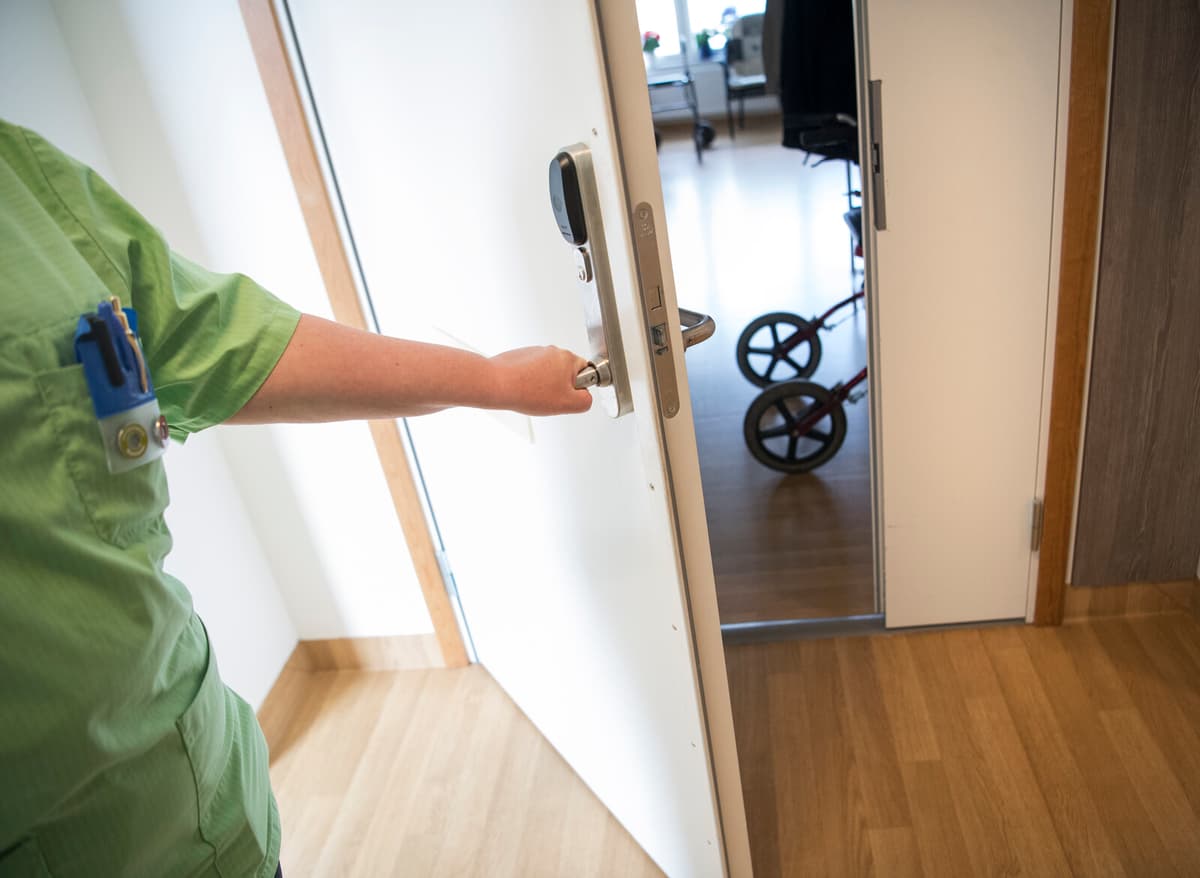The Supreme Court rules that it was criminal of Attendo to warn an employee for turning to a journalist and testifying about deficiencies at her workplace, an elderly care facility.
Malin Ragnegård, Kommunal's union president, calls the verdict "a victory for all who work in the welfare sector".
"It clearly shows that you have equally strong whistleblower protection even as an employee in a private care company, and that the punishable area, i.e. which measures can lead to criminal liability, is the same as in the Constitution", she says in a press release.
"Everyone can contribute"
Kommunal, despite its name, also has private employees as members within healthcare and care.
Journalist Association's president Ulrika Hyllert hopes that the verdict will make more private employees in healthcare, schools, and care dare to turn to journalists.
"Now I hope that we can all contribute to increasing knowledge among managers about how whistleblower protection is intended to work", says Hyllert in a press release.
"Nice that it's over"
Negotiation manager Sara Kullgren at the organization Ledarna has represented one of the managers. She emphasizes that the issue is not actually about whistleblower protection itself, but about which interventions are punishable.
One reason we pursued this is that we think the penal code is unclear. I can't say that we regret the verdict. Our goal was to make it a bit easier for managers to know what applies. And we've achieved that with the verdict, says Kullgren.
Advertisement
What does your client think?
It's mostly nice that it's over, of course. But also a bit comforting that the Supreme Court confirms through the distribution of votes how difficult this actually is.






